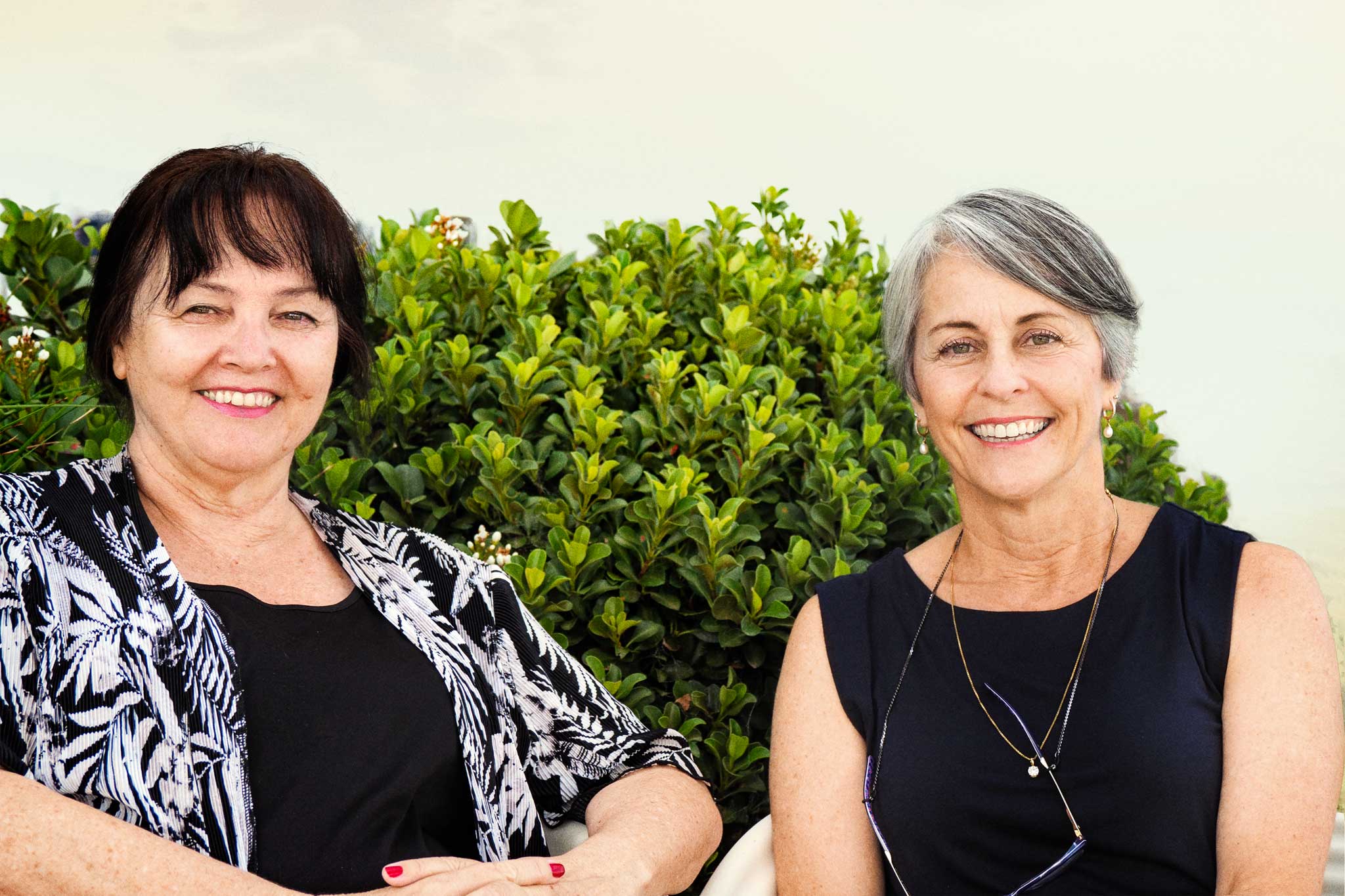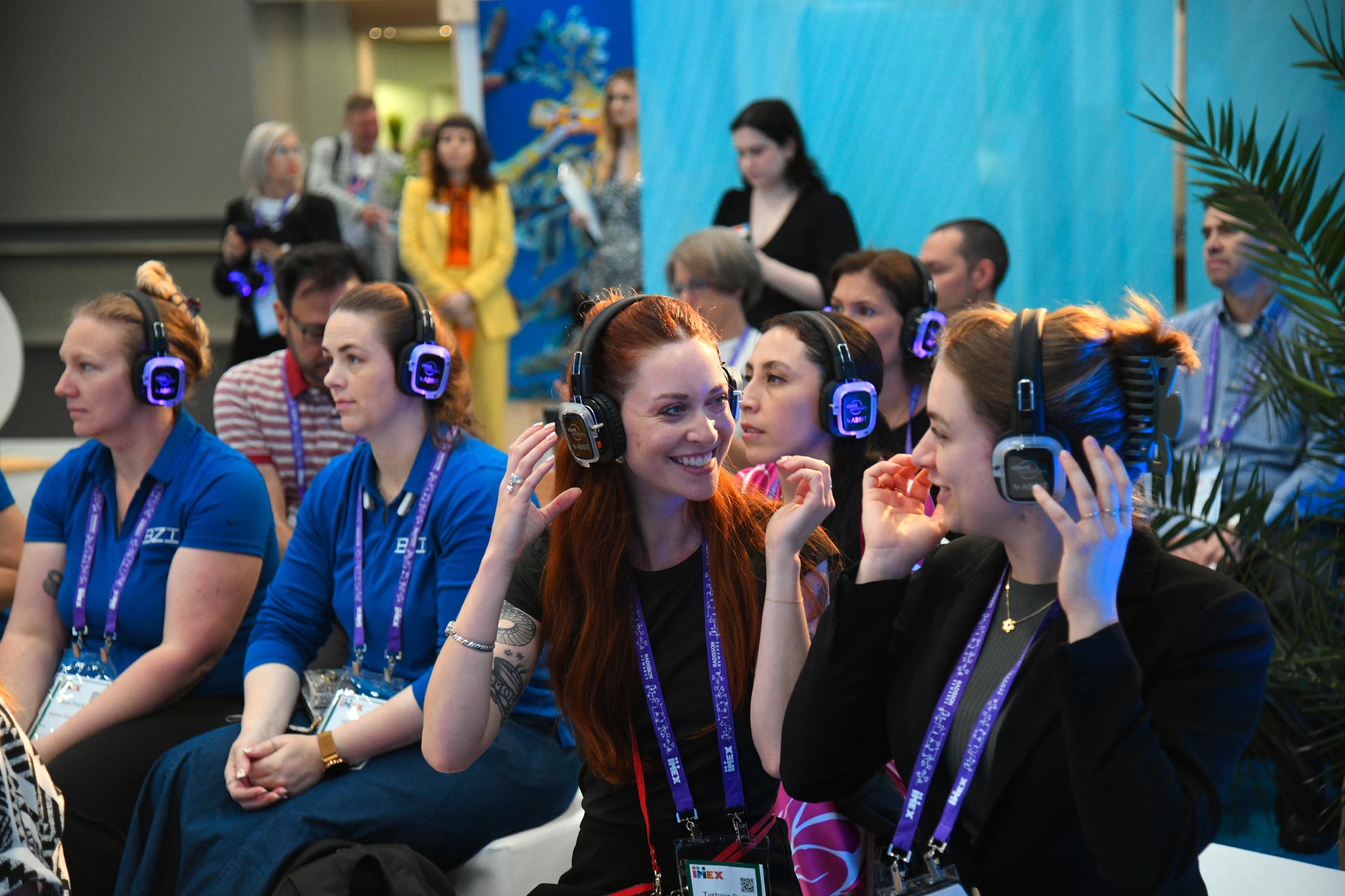A three-year international study into the long-term benefits of business events has underlined a mismatch between the way governments value the sector and the much broader outcomes, proving the benefits of events beyond that of tourism follow the same patterns across global borders. In the Business Events Legacies: Joint Meetings Industry Council (JMIC) Case Study Project Report, Associate Professors Carmel Foley and Deborah Edwards at the University of Technology Sydney (UTS) say that business events have long been judged under the narrow assumption that their legacies are best measured in terms of hotel rooms and coffee cups. Governments, in particular, have focused mainly on what is commonly known as the tourism contribution.
However, in their most recent study, the two UTS Business School researchers – involving a panel of international academic experts and nine case studies drawn from four continents – found that measuring conferences this way not only seriously underestimated and undermined the rich legacies of such events, but that this problem is replicated around the world.
“Organisers, venues and government bureaux have focused their energies and resources for far too long on maximising the tourist dollars generated by business events,” says Associate Professor Deborah Edwards.
“This ignores the significant scientific and research value on offer; value that directly drives economic development, creativity and innovation. Our research also shows that these benefits have a multiplying effect.”
Conducted on behalf of the JMIC, a global council of associations representing the business events industry worldwide, the study highlights the broader contributions that conferences, congresses, trade shows, convention centres and bureaux deliver to destinations, communities, industries and economies.
The researchers found that the global business event industry is supporting broader agendas by building knowledge economies, encouraging industry innovation and enhancing community wellbeing.
“We believe that governments need to demand reporting beyond the tourism benefits”
“The study formally documents that these events are all about economic, academic, professional and community enhancement outcomes, and how a strategic approach to hosting such events can play a broad and important role in advancing the development prospects of destinations around the world. As a result, destinations and the governments that represent them need to rethink their engagement with the industry and how they can best use and invest in it to the overall benefit of their respective communities,” says JMIC President Kai Hattendorf.
Associate Professor Carmel Foley notes that governments typically locate business events in their tourism portfolios.
“Few people would dispute the high value of business event visitors to host destinations, but many political leaders and a large section of the business events industry itself are still in the dark in respect to what can be leveraged from conferences and congresses to support their trade and innovation agendas. The study was the first coordinated global effort to measure and document these benefits in ways that can be used to lobby governments and communities about the vital role played by business events.”
While finding mostly positive effects from business events, the report also identifies barriers to achieving lasting legacies, such as organisers neglecting to set long-term objectives or look beyond internal organisational goals.
In response, the researchers have developed six ‘golden rules’ for business events gleaned from best practice among the global case studies, which covered scientific conferences, industry congresses and focused gatherings for specific groups such as the tech sector.
These include, as first steps, involving stakeholders such as governments and business in setting legacy objectives, based on agreed industry problems, issues and opportunities.
Overall, the report recommends more significant investment in improved measurement, evaluation and formal reporting of the longer-term contributions of business events beyond the tourism spend, particularly to government stakeholders.
So, what is the next step in developing the global business events industry?
“Business events have long been judged under the narrow assumption that their legacies are best measured in terms of hotel rooms and coffee cups”
“Previously, we focused on longtail conference benefits which are challenging to evaluate due to the timeframes involved. Now, we’re turning our attention to analysing the JMIC project case studies more closely.
“If we’re going to make a significant change in this industry, which we all know is required, we believe that governments need to demand reporting beyond the tourism benefits,” says Deborah Edwards. “How that comes about depends on our discussions with people and the Australian Research Council (ARC) Linkage Program. The ARC is a federal funding body that funds research of strategic importance to Australia. We’ve been working with them for some time now. Together with ARC we are working on new ways to meet government reporting requirements, and to include things beyond just the tourism dollars generated. We could work on a source of templates. The research would only be conducted in Australia as that’s its only focus. While the events and meetings industry is firmly lodged in the tourism trade just about everywhere, we feel it should also be involved in trade and the innovation and scientific sectors. The business events industry should be included in this program.
“One of the things we have seen in our work with Business Events Sydney is the impact of business events. Business Events Sydney CEO, Lyn Lewis-Smith is such a leader in this area. She’s done amazing work with the government to increase awareness of the full value of meetings and how governments can leverage them for their innovation agendas, like attracting conferences focused on key industry sectors. This is a continual process as governments and ministers change so we have to get business events outputs into the government’s system with a requirement for the industry to report on them. That will ensure a more long-term understanding of the value of conferences and how governments should be leveraging them to upgrade economies and communities. We think this is such an important step that we’ve made it an integral part of our new work.
“Another next step is completing the work on evaluation and understanding the sheer scope of the impacts. With the range of contributions made by the meetings industry, we don’t think the job is finished quite yet.
“It’s essential that the work continues. It’s time to start leveraging what the industry and all the roles within it can do.”
Associate Professor Deborah Edwards and Associate Professor Carmel Foley, from the University of Technology Sydney, in partnership with Business Events Sydney, co-authored The Power of Conferences, published in 2017, exploring the long-term impacts of conferences through the stories of ten prominent Australians. They have since collaborated with the Joint Meetings Industry Council (JMIC) on the Event Case Study Program, an international project aiming to transform how the value of the global business events industry is measured.



